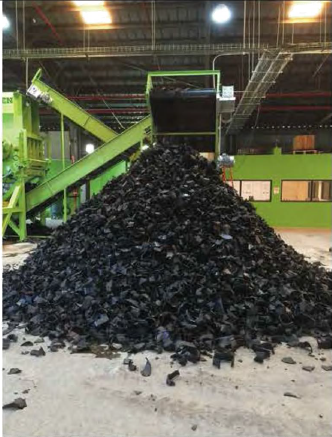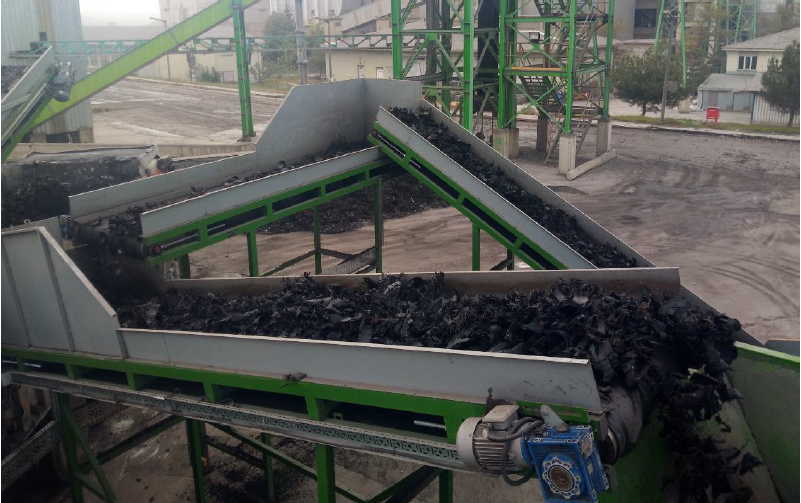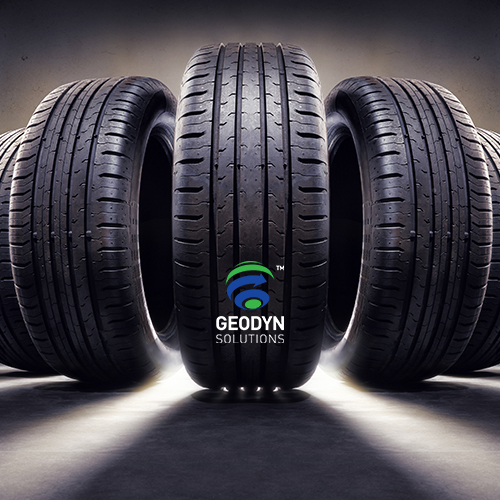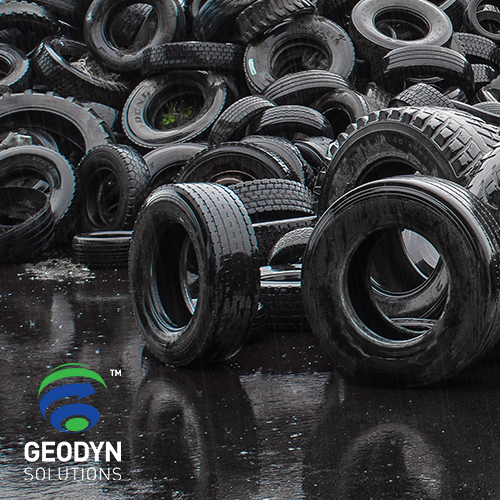In a small town nestled in the heart of the rubber industry, people went about their daily lives, unaware of the looming crisis that lay ahead. For years, the rubber industry had been thriving, especially with the rapid growth of the automobile industry. But as the number of tires being produced increased year after year, so did the number of tires being discarded.
Waste tires were piling up at an alarming rate, creating an urgent need for tire management and treatment. If left untreated, waste tires would take decades to decompose naturally and would cause irreversible damage to the environment. It was clear that a new solution was needed.
After years of research and development, a group of scientists and engineers finally came up with a solution that would change the course of the tire industry forever. They discovered that by cracking waste tires, they could convert them from a solid state to a liquid state and burn them as fuel oil. Not only did this solution eliminate the pollution caused by waste tires, but it also recycled industrial black carbon and steel wire, making it a sustainable and cost-effective solution.
The town was buzzing with excitement as news of the breakthrough spread. People from all over the world came to see the new technology in action. The process of cracking waste tires was simple yet highly effective. It involved heating the tires in a reactor, which broke down the tires’ molecular structure, separating them into their different components – fuel oil, carbon black, and steel wire.
The fuel oil produced by cracking waste tires was of the same quality as diesel, making it an ideal replacement for traditional fossil fuels. The carbon black was used as a raw material for the production of new tires, while the steel wire was recycled for use in the construction industry.
The benefits of this new technology were clear. It not only eliminated the pollution caused by waste tires but also reduced the reliance on fossil fuels and created new industries for the recycling of carbon black and steel wire. With more and more countries adopting technology, the world is taking a step towards a circular economy and sustainable development.
As the town celebrated its newfound success, people looked forward to a future where waste tires would no longer be seen as a problem but as a valuable resource. They knew that they had found a solution that would benefit mankind for generations to come, and that was a truly exciting prospect.





